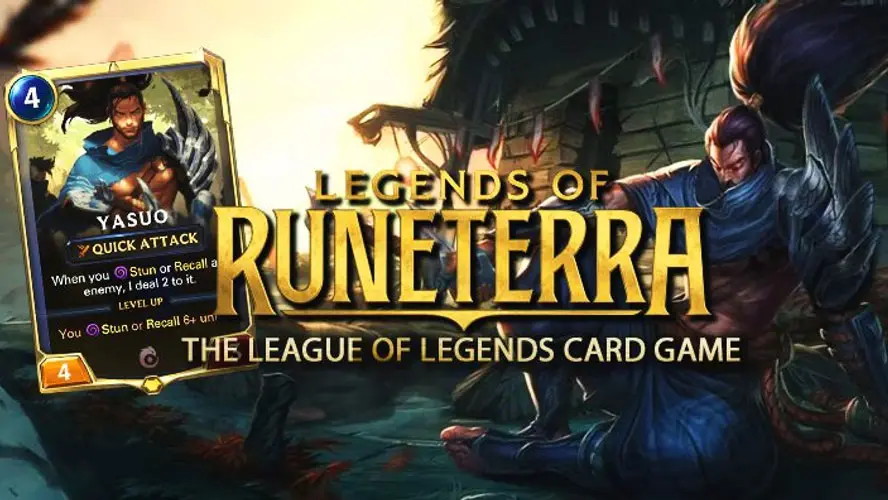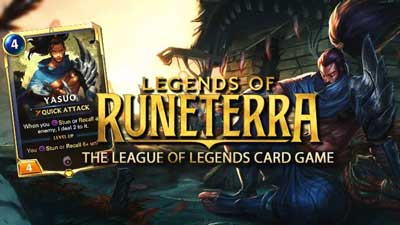
When franchises like League of Legends have been around for so long, it’s natural for them to feel intimidating to new players. The problem is even more prevalent when there’s a relentless release schedule of video games and not enough time to play them – even in quarantine. Players are more likely to opt for something fresh, rather than delve into such a well-established, competitive franchise.
With that in mind, it speaks to how great a job Legends of Runeterra did at capturing my attention. The free-to-play virtual card game from Riot Games is a mixture of sleek interface, snappy sound effects, and challenging – yet still accessible – gameplay. The aim of the game is to reduce your opponent’s Nexus points from 20 to zero. If you’ve played Hearthstone or Magic: The Gathering, this will undoubtedly be ringing some bells.
The game’s concise yet conclusive tutorial brusquely brushed aside any intimidation I felt wading into such a well-established franchise. Instead, players who have an encyclopedic knowledge of the Legends lore will be rewarded through references in spells and characters, but those new to it won’t be punished. The game also rewards you for completing objectives, providing you with new cards to boost your deck and add further customization.
Matches manage to elicit a sense of urgency through flexibility within each turn. Rather than placing your cards from your hand onto the immediate battlefield, they reside in a staging ground. They are vulnerable to spell attacks, but not directly from enemies. When your opponent is on the attack, you’re able to plan out which cards will mount your defense and against which enemy unit.
Each unit has an attack and defense value. Champion cards level up if certain requirements are met. This brings a boost into their stats, along with many other bonuses such as generating new cards and spawning more powerful allies. The level of strategy that Riot has ingrained within such an accessible system is compelling.
Though I’ve yet to enter the ranked matches, it’s possible to try out your decks against players in exhibition matches. As I migrated away from dueling the AI and into PvP combat, the game remained just as intense. Each attack brought a curt response from my opponent as we traded blows. Though there is an arbitrary element to card games, Runeterra never feels unfair.
Despite the fast-paced fun, it’s easy to get lost in the art of the cards. Each unit has at least one unique background which you can examine free of statistics in full screen. Some have several different designs. It adds character to the mechanics, bringing the game to life. Likewise, the writing is clever, too. Each unit spouts witticisms depending on the situation in battle.
Conclusion
I don’t know much about League of Legends, but Legends of Runeterra has me hooked. It’s enticed me to keep playing and perhaps delve deeper into the franchise’s history. It’s an exciting companion piece to the main series, which has helped break down the barrier of entry rather than maintain it. This is an example to follow.
